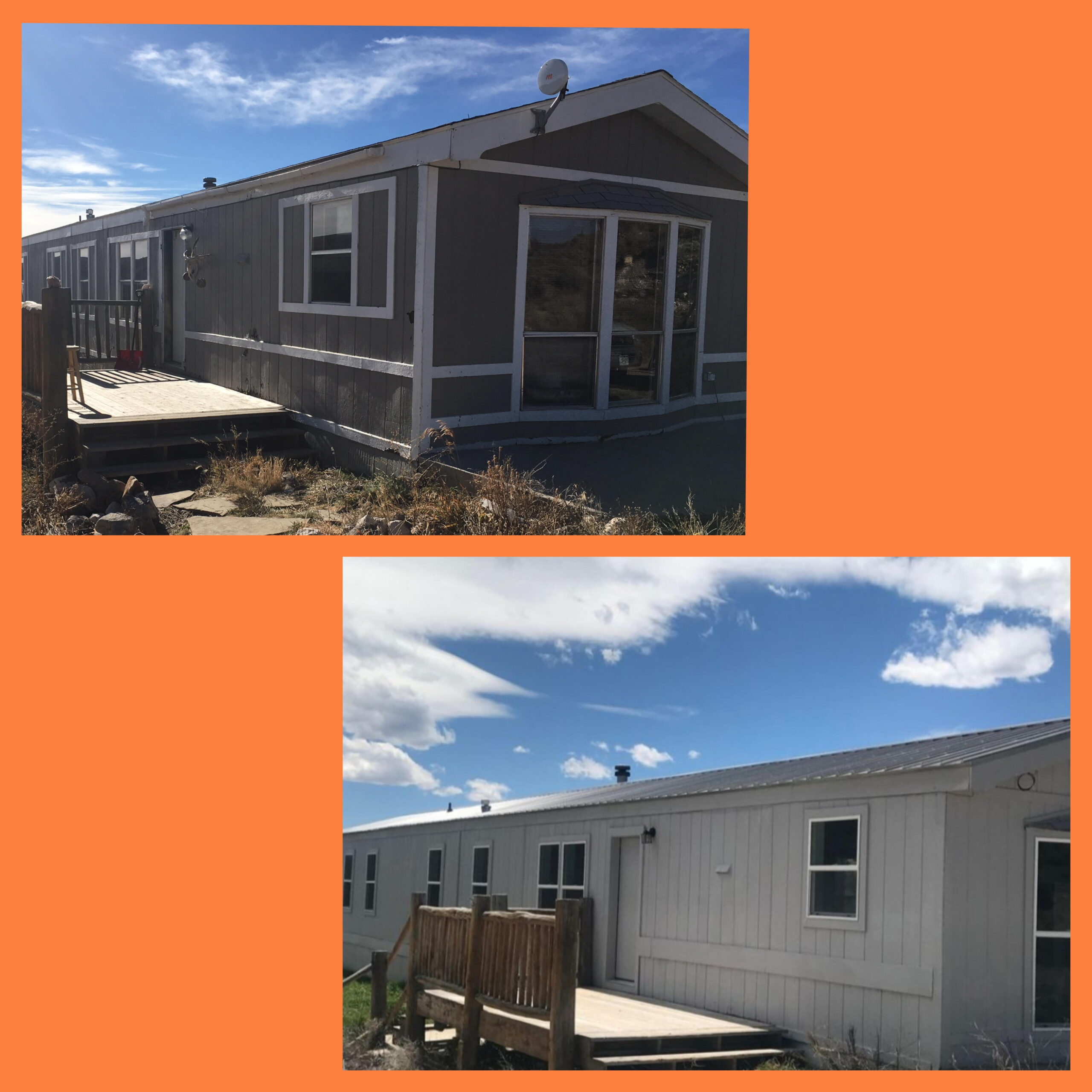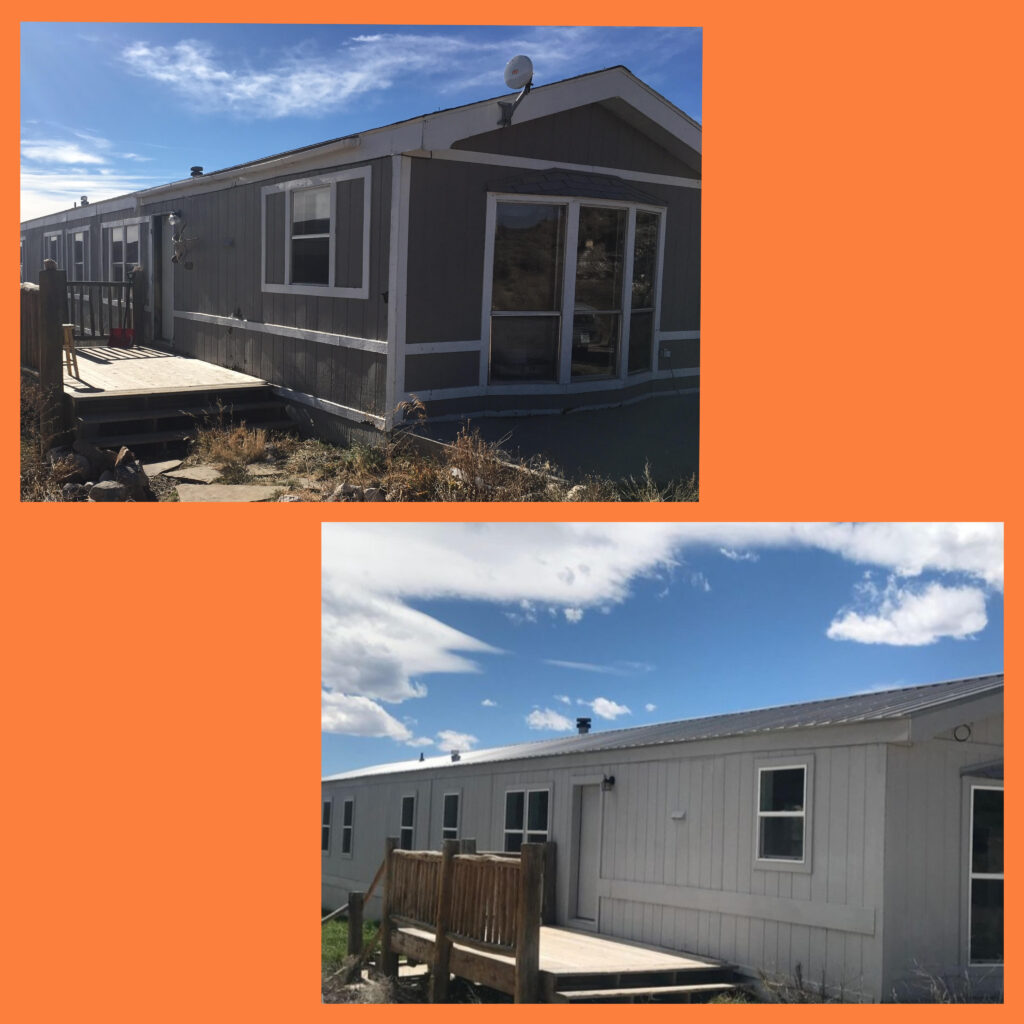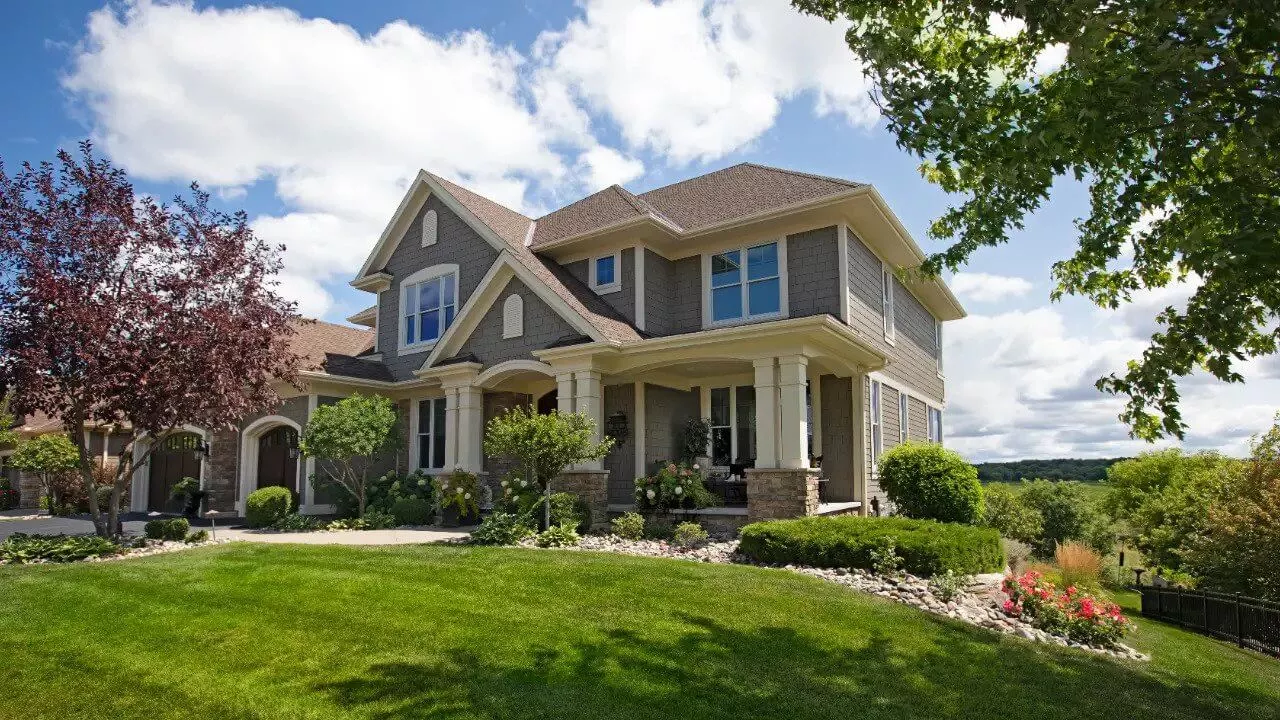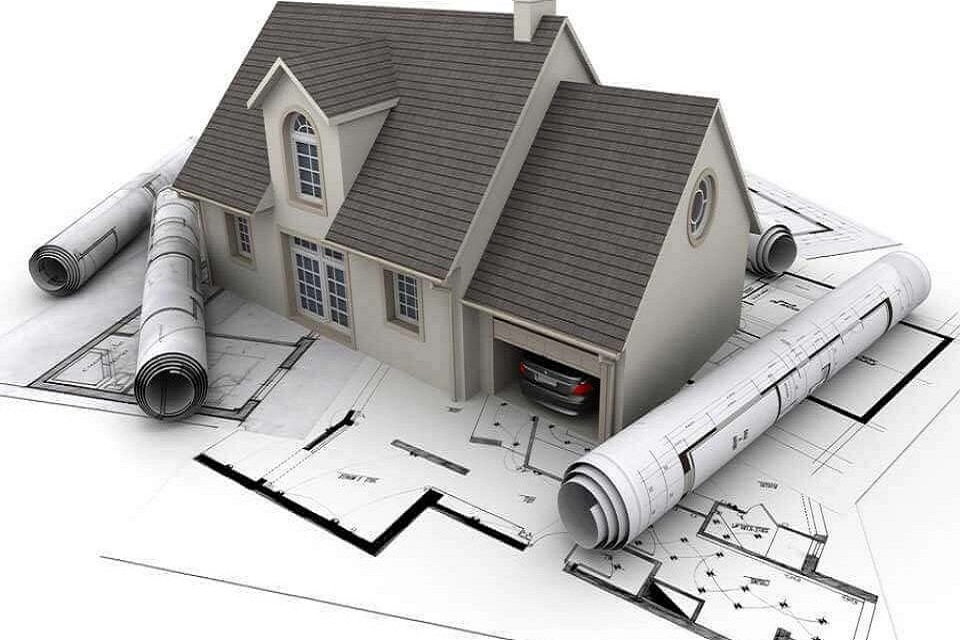
How to Determine Your Home Buying Budget in Denver
One of the most important steps when preparing to buy a home in Denver is establishing your budget. Figuring out how much you can afford upfront will help you focus your home search and avoid potential financial issues down the road. In this post, we’ll explore factors to consider when determining your budget for Denver home purchases.

Content
Assess Your Finances
The first step is taking a close look at your overall financial picture. Review income sources, monthly expenses, savings, and any existing debts. Make a detailed budget that accounts for essential costs like housing, utilities, food, transportation, insurance, and minimum debt payments. Understanding your monthly cash flow is key.
Research Mortgage Options
Speak to lenders about potential home loan programs and qualifying rates and terms. Most financial experts recommend keeping your total monthly housing costs, including mortgage payments, property taxes and home insurance, below 28-32% of your gross monthly income. Lenders can pre-approve you for a specific loan amount based on income, credit, and down payment funds.
Consider Down Payment Funds
While some programs allow lower down payments, most conventional loans require at least 5-20% of the purchase price. Having a larger down payment means smaller monthly payments and potentially better interest rates. Factor in cash reserves for closing costs, which average 2-5% of the home price. Work to save for a sizable down payment over time.
Research Property Tax Rates
Property taxes vary significantly between Denver neighborhoods and counties. Taxes are assessed annually based on the home’s value. Budget at least 1-2% of the purchase price for annual tax payments. Some first-time homebuyer programs offer temporary tax relief.
Inspect Home Prices in Target Areas
Browse active listings and recently sold homes in locations that match your lifestyle needs. Pay attention to average prices, square footage, lot sizes, amenities, and prices per square foot. Set a realistic maximum budget based on current market rates in your target neighborhoods rather than a dream budget.
Leave Room in Your Budget
It’s wise to leave some flexibility, around 5-10% of your target budget, to allow for unexpected repairs or maintenance. New homeowners also face unbudgeted moving costs. Consider working with a real estate agent specializing in ‘’we buy houses in Denver offices’’ to help determine a sensible budget that sets you up for long-term homeownership success.
If you want to reach potential buyers during this process, don’t hesitate to advertise with us for maximum visibility.
With careful research into finances and local real estate trends, you’ll have a clear picture of what you can truly afford for Denver home purchases. An honest budget protects you from future financial stress and allows you to find the perfect home within your means.

My name is Wilson Michel. I post about home improvement ideas and how to make your home look beautiful and liveable. I hope my posts will help you with your DIY projects!












